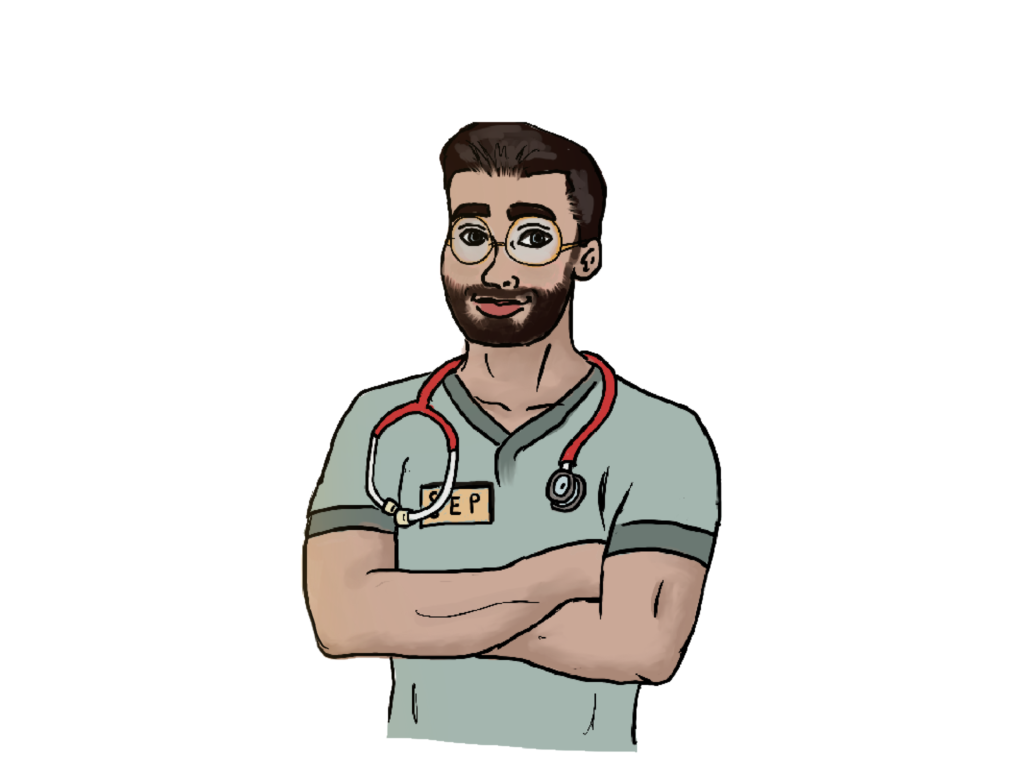Nurse Practitioners in Canada (Major Provinces)
Nurse practitioners in Canada are a great resource for the many Canadians who require care from a provider. It is important to note that there are many types of providers of care, the most common today is a physician but there are other disciplines such as nurse practitioners, physician assistants and holistic naturopathic physicians that can provide care. If we adopt proper terminology we are better able to create proper education amongst the public on what the scopes of practice each of these disciplines have.
The Canadian Nursing Association provides great resources on what NP’s do:
What are nurse practitioners?
Nurse practitioners (NPs) are unique health-care professionals with additional graduate
or post-graduate education and clinical practice experience. NPs are educated in both
nursing theory and medical skills and possess the knowledge and skills to
autonomously diagnose, order and interpret diagnostic tests, prescribe treatment
(including drugs) and perform specific procedures (within their legislated scope of
practice) (Canadian Nurses Association [CNA], 2010; Nurses Association of New
Brunswick [NANB], 2012; College of Registered Nurses of Nova Scotia [CRNNS], 2014;
Association of Registered Nurses of Newfoundland and Labrador, 2013). To become an
NP, you must first be a registered nurse with working experience. Currently there are
multiple categories of NP practice across the country: family/all ages, adult, pediatric,
neonatal, nephology and anesthesia. The title “nurse practitioner” is protected in all
jurisdictions (Canadian Institute for Health Information, 2015).
Read more here: https://www.cna-aiic.ca/-/media/cna/page-content/pdf-en/the-nurse-practitioner-position-statement_2016.pdf?la=en&hash=B13B5142C8D02990439EF06736EA284126779BCC
Nurse practitioners (NPs) are registered nurses who have additional education and nursing experience, which enables them to:
- Autonomously diagnose and treat illnesses
- Order and interpret tests
- Prescribe medications
- Perform medical procedures
NPs are health-care professionals who treat the whole person, an approach that includes:
- Addressing needs relating to a person’s physical and mental health
- Gathering medical history
- Focusing on how an illness affects a person’s life and family
- Offering ways for a person to lead a healthy life
- Teaching persons how to manage chronic illness
Statistics:
- 6,159 nurse practitioners (NPs) — a growth of 8.1% from 2018, the largest increase of all the nursing designations. In fact, NPs have had the highest growth rate of all nurses every year over the past 5 years (2015-2019).
Employment
Percentage of regulated nurses by employment setting:
58.5% worked in a hospital
15.6% worked in community health
15.5% worked in a nursing home/long-term care
10.5% worked in other employment settings
What specialties:
Emergency Department
Long-Term Care
Rural and Remote Communities
Primary Care Settings
In-patient Cardiac, Palliative, Surgical and Medical

Hi, i think that i saw you visited my web site so i came to “return the favor”.I’m attempting to find things to
enhance my site!I suppose its ok to use a few of your ideas!!
This design is steller! You definitely know how to keep a reader
entertained. Between your wit and your videos, I was almost moved
to start my own blog (well, almost…HaHa!) Excellent job.
I really loved what you had to say, and more than that, how you presented
it. Too cool!